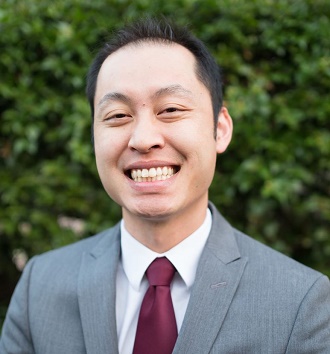
AI’s Place in Optometry
 Artificial intelligence (AI) has been quite the buzz word as of late. Spanning multiple industries, it factors into self-driving cars and trucks (one of which delivered butter 2,800 miles coast to coast), customer service call centers, and our digital assistants. Google can practically finish our sentences and has learned to know our schedule better than we may even know it.
Artificial intelligence (AI) has been quite the buzz word as of late. Spanning multiple industries, it factors into self-driving cars and trucks (one of which delivered butter 2,800 miles coast to coast), customer service call centers, and our digital assistants. Google can practically finish our sentences and has learned to know our schedule better than we may even know it.
The origin of AI dates back to the 1950s and has accelerated since then, as computers not only processed commands but could also store much more information. As a child, I remember having a very slow flatbed scanner that had a feature called OCR, or optical character recognition. Even to this day, it amazes me how the post office and mobile banking for check deposits can use AI in the context of OCR to translate handwriting into digital print and data with surprising accuracy.
In recent news, AI was said to outperform doctors in diagnosing breast cancer. Still, only 52 percent of healthcare providers are into the AI hype. But refusing to use AI in clinical practice means giving up the normative database of our OCTs and the glaucoma progression analysis of our visual field analyzers.
Practicing optometry today and into the future will most definitely leverage AI in such a way where the doctor works smarter, not harder. It may not replace a staff person, but can certainly improve the workflow of the office. Hopefully the guidance from AI can move beyond diagnosis and detecting change to suggesting evidence-based treatments. The next level will use deep learning algorithms to factor in genetic risk with environmental exposures and behaviors. Our data is valuable, and the more that is fed into the system, the better it becomes.
Ultimately, I still foresee a human provider being the centerpiece of care, as robots will never be a true part of the local and professional community. They won’t truly get to know their patients and their families year after year. There is something very human about a private conversation shared in the exam room and the meaning of the word compassion, “to suffer with.”

